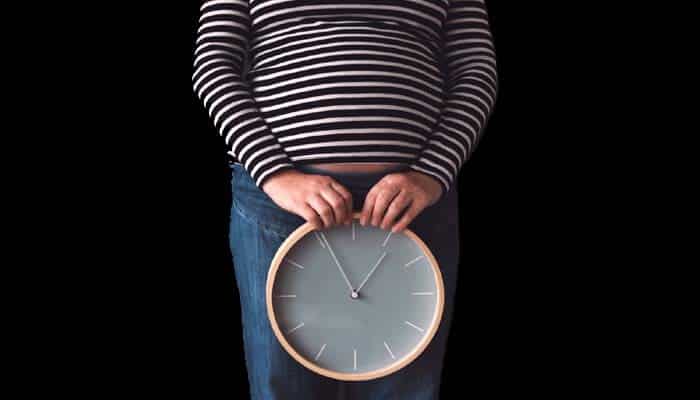Your baby’s room has painted, the mobile’s hanging over the crib, and adorable onesies are perfectly set in a dresser drawer.
But where’s a baby?
Your last few days of being a pregnant mom is a really exciting time for you, but your due date has come and gone, and you are still pregnant what’s going on?
In “Term Pregnancy” or “Full Pregnancy” you have to complete your 40 weeks that are 280 days, starting from the first day of your last period. In case if a baby is born before 37 completed weeks, it is called preterm birth. And, those pregnancies which continue for longer than 42 weeks is called prolonged, overdue or post-term. If a mother and a baby are both doing well, being up to one week “late” is not associated with any particular risks for either them.
Fact: Sixty out of a hundred women give birth at or before their given due date and other forty out of one hundred women, contractions start on their within two weeks of the due date.
What do you do when the baby’s overdue?
There is no proper evidence that why some babies make a delayed entrance in the world, and it doesn’t relate to what you did or didn’t do during pregnancy that caused your baby to take up an extended residence in the womb. You might more likely to have a post-term pregnancy if:
- It is your first baby
- You have had babies born late in the past
- The baby is the boy
- You are obese
- Were yourself born late
What are the longer Pregnancy Problems?
For mom, it’s essential to know the near due date because a lot of decisions are based upon this estimate. Being overdue is generally associated with few risks for the pregnant woman, but childbirth can be more complicated if the child is too big and the main associated risks are:
- The Placenta might gradually stop and slow being able to do its job properly
- An infection might develop inside the womb
- Breathing problem in the baby
- Fetal distress means a slowed heartbeat, and other signs the baby is in trouble.
- Need for a C-section or forceps delivery
- Unexpected problems might arise during labor.
Giving baby a nudge – Inducing Labor
When your doctor or maternity specialist has concerns about you toward the end of your pregnancy and your baby’s wellbeing, he or she might suggest speeding up the process, and this is called inducing labor or induction. Induction depends on your original due date, and your midwife will evaluate several factors. These factors include both mom’s and baby’s health, your baby’s size, weight, and gestational age, baby’s the status in cervix and position in the uterus and then he or she suggests and may decide how to deal with it.
Reasons for Labor Induction include
- Your water breaks but labor doesn’t start.
- When labor hasn’t started naturally, and you’re approaching two weeks beyond your set due date.
- You may have a health problem such as high blood pressure, diabetes, eclampsia or, preeclampsia.
When you have a successful vaginal delivery after induction, there might be no implications for your future pregnancies. If the induced labor leads to a C-section, your doctor or nurse can help you decide whether to schedule a C-section or to go for a vaginal delivery with a subsequent pregnancy.

